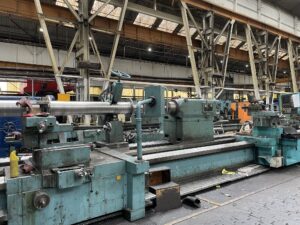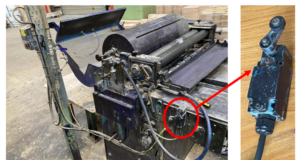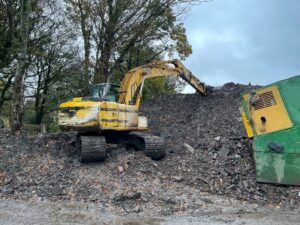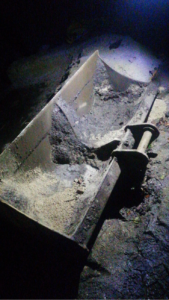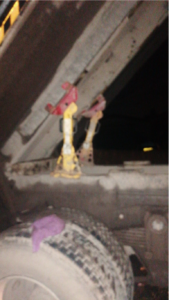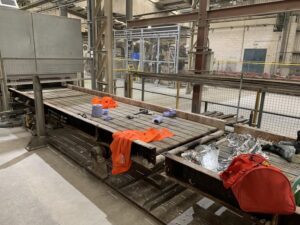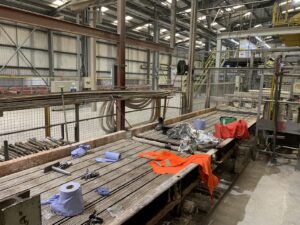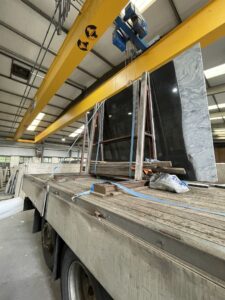Immingham metal fabrication company sentenced after seven workers develop vibration-related illnesses
- Seven employees reported with vibration-related conditions including nerve damage and finger blanching
- Workers described daily life impacts including numbness at night and inability to grip
- Company failed to risk assess vibration exposure or provide health surveillance and training
A metal fabrication company based at Immingham Docks in North East Lincolnshire has been sentenced after pleading guilty to exposing multiple employees to vibration risks at work.
HSE became aware in June 2024 of three reports of vibration-related illness among employees of Drury Engineering Services Ltd. An investigation was opened and an Improvement Notice served on the company to control the ongoing risk.
The notice was served because the company had failed to reduce employees’ vibration exposure to as low a level as reasonably practicable through organisational and technical measures.
During the investigation, inspectors identified a further three employees who met the threshold for reporting to HSE due to vibration-related illness. A seventh report was made by the company later that year.
Employees told inspectors the illness was affecting their daily lives. Some experienced finger blanching during simple household tasks such as mowing the lawn. Others were kept awake at night by numbness in their hands, while some described being unable to grip and suffering nerve damage.
Drury Engineering Services Ltd has been operating at Immingham Docks since 2000. A new health and safety manager was appointed in June 2022 and began work to address issues with the company’s vibration management system, but by this point employees had already been significantly exposed to vibration risks.
The investigation found that the company had failed to:
– suitably and sufficiently assess the risks from vibration exposure
– implement organisational and technical measures to reduce vibration exposure to as low a level as reasonably practicable
– place employees who were exposed to significant levels of vibration under a suitable health surveillance system
– provide employees with suitable and sufficient information, instruction and training
HSE provides extensive guidance on the risk of vibration in the workplace and the need to ensure that the risk is properly assessed, and appropriate measures implemented to control exposure from the risk of vibration.
Drury Engineering Services Ltd, of East Riverside, Immingham Dock, Immingham, North East Lincolnshire, pleaded guilty to breaching Section 2(1) of the Health and Safety at Work etc. Act 1974. The company was fined £44,000 and ordered to pay £8,061.70 in costs at Grimsby Magistrates’ Court on 26 February 2026.
HSE Principal Inspector Chris Tilley said: “Today’s fine should send a clear message that both HSE and the courts take seriously the failure to manage employees’ exposure to vibration.
“HSE will not hesitate to take action against companies that do not do all they should to keep people healthy and safe.”
This prosecution was brought by HSE enforcement lawyer Matthew Reynolds and paralegal officer Benjamin Stobbart.
Notes to Editors
- The Health and Safety Executive (HSE) is Britain’s national regulator for workplace health and safety. We are dedicated to protecting people & places and helping everyone lead safer and healthier lives.
- More information about the legislation referred to in this case is available.
- Further details on the latest HSE news releases are available.
- Guidance on Vibration at Work can be found here: Vibration – HSE
- HSE does not pass sentences, set guidelines or collect any fines imposed. Relevant sentencing guidelines must be followed unless the court is satisfied that it would be contrary to the interests of justice to do so. The sentencing guidelines for health and safety offences in England can be found here and those for Scotland here.

